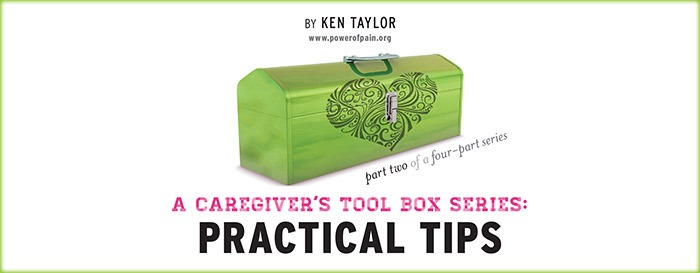Stop Worrying

If you have been living with chronic pain, you may have found that you worry about yourself. What if your future is one of loneliness and isolation? What if you can’t get the help you need? What if your relationships suffer? What if your pain gets so bad that you can’t cope? What if your pain only gets worse over time? Worry is a natural response to ongoing, stressful situations.
But, is worry effective? Often when we worry, we feel as though we are problem-solving. However, beyond some initial thinking and consideration of different options, worry quickly loses its effectiveness. Worry can become a frustrating cycle of simply repeating the same thoughts, ideas, and images…usually without generating a solution. Research suggests that over the course of an episode of worry, the primary outcome is an increase in negative emotions such as increased anxiety/fear, depression, hopelessness, or anger.
In addition to the fact that worrying usually doesn’t result in solutions, the negative emotions generated by worry will likely amplify and worsen your pain. It is in your best interest to stop worrying. You may be shaking your head and asking, “But, how can I stop worrying?”
What If?
Episodes of worry often begin with a series of “What if?” questions.
“What if I never work again?”
“What if my back never stops hurting?”
“What is my partner leaves me?”
“What if the insomnia caused by my pain causes me to do poorly at work and I lose my job?”
“What if I have to use a wheel chair?”
“What if?” type questions tend to have three features: they trigger negative emotion the negative emotion triggers other distressing thoughts and “What ifs?,” and “What if?” questions usually can’t be answered at the present moment.
Prevention
So, one good way to stop worrying is to prevent it by monitoring yourself for “What if?” questions. When you notice one, try to phrase it differently. Recognize the fearful message and soften it by reminding yourself that you don’t know what the future holds.
Instead of: “What if my back never stops hurting?”, try “It is scary to think that my back problem could last a long time. I don’t know what the future holds, so it doesn’t help to wonder about it”.
Instead of: “What if my partner stops loving me” try “It must be hard for my partner to see me in pain and to deal with the changes my pain has caused for our relationship. I don’t know what the future will hold. I know my partner loves me now and that feels good”.
Counterattack
If you are having trouble getting out of a worry cycle, you can try questioning the validity of your “What if?” What is the evidence that this will happen? What is the evidence that it is not likely to happen? Could a negative mood be making you overly negative? Can this “What if?” even be answered at the present moment? Generally, the answers to these questions will help you to realize that your “What if?” is not valid or simply can’t be answered and you will be more likely to give up the worry cycle.
Replace “What if?” with “If-then”
Another way to stop worry in its tracks is to replace “What if?” with “If-then…” statements. “If-then” statements are problem-focused responses to “What if?” questions. If you can’t think of an appropriate “If-then” statement at the moment, it is fine to delay until you are able to do so. For example:
“If I need to use a wheelchair, then I may not like it at first, but I will get used to it; many people use wheelchairs and are happy and productive people.”
“If I need to get a different job, then I will look for one that will work better for me. I have a lot of skills that I can still apply, even though I have pain.”
“If some of my friends find it difficult to maintain our friendship, then I will find new friends.”
Set a Time Limit
Another way to manage worry is to tell yourself that you have 5 minutes to consider your “What-if?” question. Start by phrasing it differently. Then, if necessary, question its validity. If you think it has some merit, follow up with some “If-then” solutions. Promise yourself that after 5 minutes, you are done. Worry won’t solve your problems.
DISCLAIMER: This blog is provided as an educational and informational resource only. It is not intended nor implied to be a substitute for professional psychological or medical advice.The founder of Goalistics, Dr. Ruehlman is a social and health psychologist. She and co-founder, Dr. Paul Karoly, created the online “Chronic Pain Management Program” and the “Think Clearly About Depression Program”. Dr. Ruehlman’s research efforts over the past 20 years include basic questions about how people pursue goals, how one’s social network supports as well as hinders goal activity, and alternative methods, such as computer-assisted assessment and training to assist in the goal attainment process. Over the past 20 years, she has studied people’s pursuit of pain management, fitness, health, social, and work goals. Dr. Ruehlman has published numerous articles in scientific journals on topics ranging from chronic pain, self-control, depression, social support, assessment and much more. For more information, click here.
Carol Harper
View All By Carol






